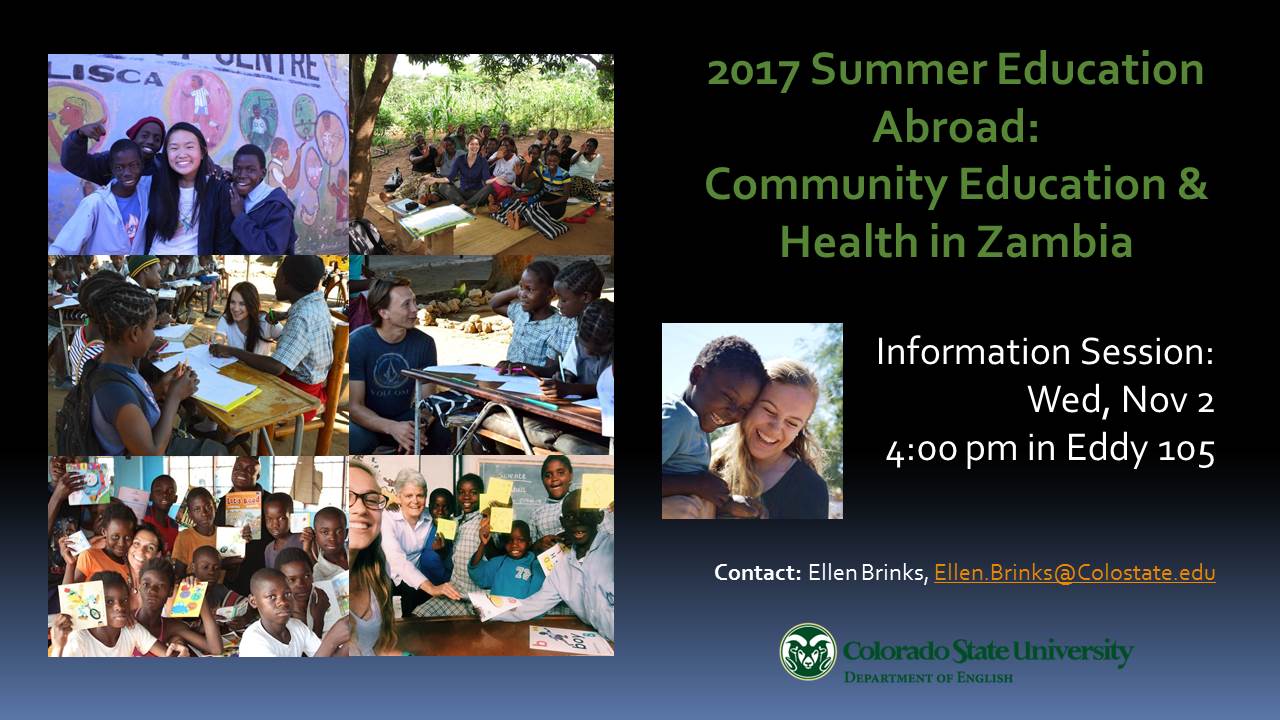~from intern Haley Huffman
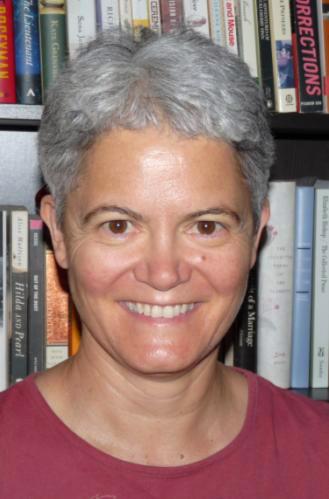
Ellen Brinks is the graduate program coordinator for the English Department, but her passions extend far beyond the scheduling, staffing and training that make up a large portion of her responsibilities. She thinks of herself “first and foremost as a teacher, advisor and mentor for undergrads and graduate students.”
Brinks grew up in Michigan in the suburbs of the Detroit Metro area. While she was in high school she studied abroad in Germany and that opened everything up for her. Brinks loved the vibrant, cosmopolitan atmosphere of Germany so much she ended up completing her Masters at a German university. At that point, she had been in a classroom for her entire life and decided that she needed to do something a little different.
She really wanted to do something for others because she has always been very service oriented, so she spent six years doing social work. Brinks returned to her academic roots after realizing that “deep down, [her] nature is that [she’s] an intellectual.” She likes to study, learn, and loves the classroom, and that’s where she wanted to be, so she went back to graduate school for a PhD.
For six years Brinks lived in Manhattan and worked on her PhD at Princeton. She became accustomed to her metropolitan lifestyle and fell in love with the diverse people that also inhabited the city. Ironically, when Brinks completed her PhD she applied for a position with a university located in a small town in Colorado.
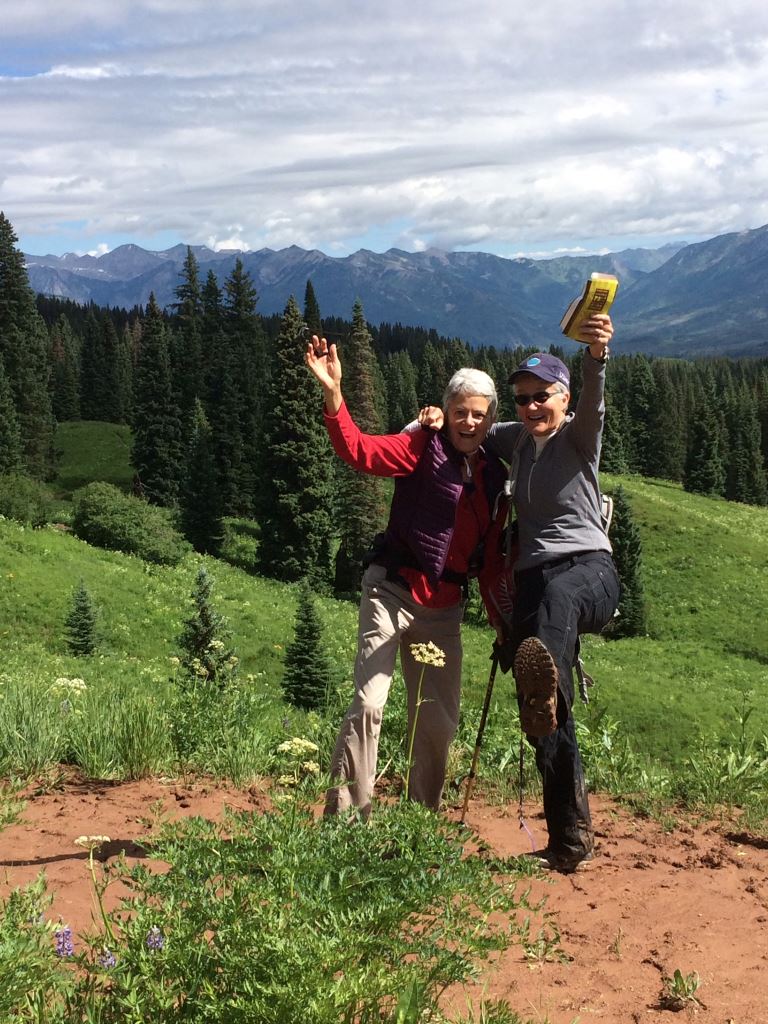
The adjustment to life in Fort Collins was an interesting one. The hustle and bustle of Manhattan was a long ways away. “I thought I was in some post nuclear zone. I would look out of the house I was renting on Remington and I wouldn’t see a single person walk by,” said Brinks. The charms of CSU and the English Department in particular convinced Brinks to stay. “This department is wonderful. They let you explore and develop in the ways that you feel compelled to do.”
Professor Brinks is using that creative freedom to study international fairy tales at the end of the 19th and the beginning of the 20th century, and how that shaped understandings of a globalized childhood. In particular, Brinks studies the way these fairy tales were reviewed and the conversations that surround these tales. “Those stories invite children to journey to other cultures and other places that they can never physically go, but they can imaginatively go — so what view of the world are they presenting and what understanding of the child as an international or global citizen are they projecting in those works?”
To research this, Brinks spends a lot of time sifting through archives, which happens to be one of her passions. She will be traveling to London in a couple months to the British Library to scavenge for fairy tales from the 19th century. “I love exploring all of those things and not knowing what I’m going to find,” said Brinks.
Children’s literacy is not just a topic that Brinks is exploring in her academic world, but also in her personal life. She spent some time traveling solo and ended up in Livingstone, Zambia on the Book Bus, a mobile library dedicated to increasing children’s literacy across the globe. “That’s when I absolutely fell in love with the place. There were other volunteers who were with me on the Book Bus, who were like in their 20’s or even younger. There was one guy who was 18 from England and he had never been to Africa before. He just on a whim decided to do it and he was great. I thought ‘wow!’ I can so imagine CSU students doing this and getting so much out of it and finding it very rewarding.”
When Brinks returned to CSU, she met with the Education Abroad office and began to develop the Zambia Study Abroad Program. She found an organization that could accommodate a larger group of volunteers, working in community health and education. Students from all over the university, representing all different majors, participate in the Zambia program and have said it’s been one of the most transformative experiences they’ve ever had.
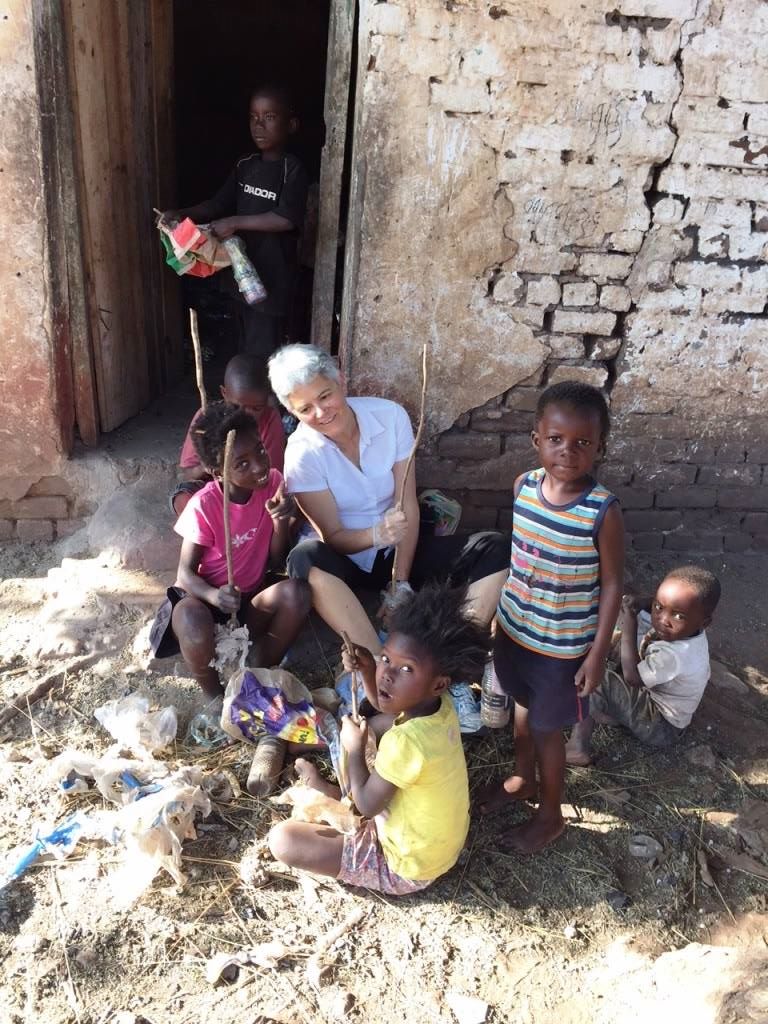

Students spend three weeks working in Livingstone, Zambia and can choose from several different tracks. For example there is the community health track, where students have the opportunity to provide health care through home visits, or there is the education track, which gives students the opportunity to teach a classroom of elementary-aged students.
Students will be challenged during their visit to Zambia and there will be tough moments, but Brinks said, “it’s also rewarding because you see how you can make a small difference in a child’s life.”
The trip to Zambia isn’t all work and no play; there are weekend excursions and plenty of free time for fun. Chobe National Park, in Botswana, is on the weekend excursion itinerary and there is a very large animal population. Rafting on the Zambize river and swimming on the edge of Victoria Falls are other pastimes.
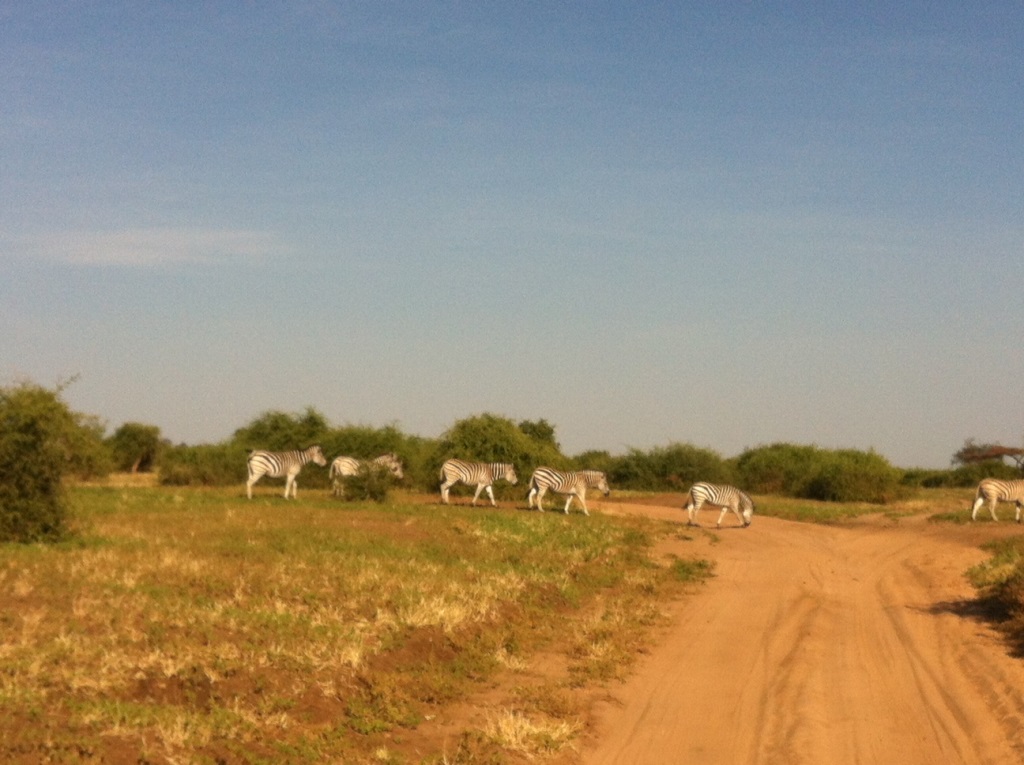

Livingstone, Zambia has a very warm and welcoming feel, full of cafes and restaurants, as well as shopping and nightlife. This trip is a chance to be immersed in Zambian culture, without the prepackaged “African” experience.
Brinks has been leading this program for three years now and it has been one of the best experiences of her teaching career. “I am with them in the neighborhoods when we go to visit people, when we go to visit a young person who has cerebral palsy or an old woman who is really in pain because of a stroke. We’re problem solving on the ground together. We are giving each other emotional support. We’re just hanging together having a good time, sharing a beer at the end of the day.”
To find out more about this program, contact Ellen Brinks, Ellen.Brinks@Colostate.edu or visit the program page. Or come to the information session, November 2.
